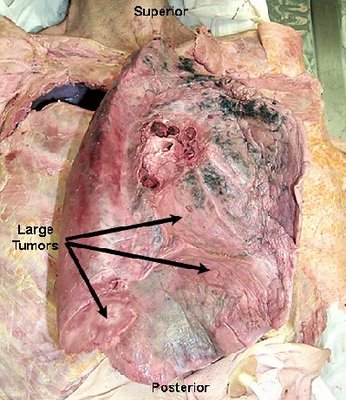Anemia is a medical condition in which the red blood cell count or hemoglobin is less than normal. The normal level of hemoglobin is generally different in males and females. For men, anemia is typically defined as hemoglobin level of less than 13.5 gram/100ml and in women as hemoglobin of less than 12.0 gram/100ml. These definitions may vary slightly depending on the source and the laboratory reference used.
Causes
Any process that can disrupt the normal life span of a red blood cell may cause anemia. Normal life span of a red blood cell is typically around 120 days. Red blood cells are made in the bone marrow.
Anemia is caused essentially through two basic pathways. Anemia is either caused :
- by a decrease in production of red blood cell or hemoglobin, or
- by a loss or destruction of blood.
Symptoms
Because a low red blood cell count decreases oxygen delivery to every tissue in the body, anemia may cause many signs and symptoms. It can also make almost any other underlying medical condition worse. If anemia is mild, it may not cause any symptoms. If anemia is slowly ongoing (chronic), the body may adapt and compensate for the change; in this case there may not be any symptoms until the anemia becomes more severe.
Symptoms of anemia may include the following :
- Fatigue
- weakness
- shortness of breath
- lightheadedness
- palpitations (feeling of the heart racing or beating irregularly)
- looking pale
Symptoms of severe anemia may include :
- chest pain, angina, or heart attack
- dizziness
- fainting or passing out
- rapid heart rate
Some of the signs that may indicate anemia in an individual may include :
- Change in stool color, including black and tarry stools (sticky and foul smelling), maroon-colored, or visibly bloody stools if the anemia is due to blood loss through the gastrointestinal tract.
- rapid heart rate
- low blood pressure
- rapid breathing
- pale or cold skin
- yellow skin called jaundice if anemia is due to red blood cell breakdown
- heart murmur
- enlargement of the spleen with certain causes of anemia.















No comments:
Post a Comment